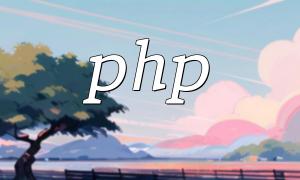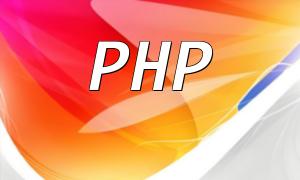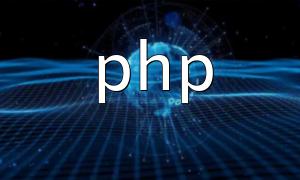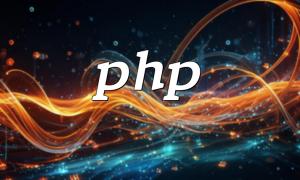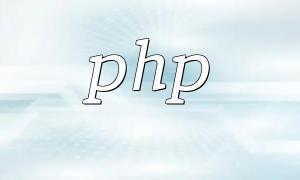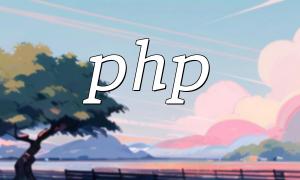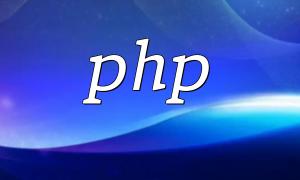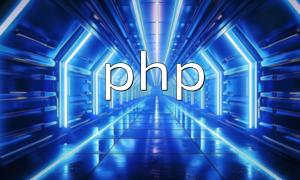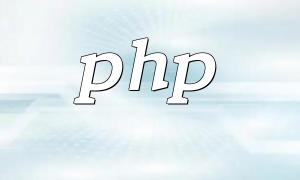Overview of PHP Exam Content
The PHP exam covers several key areas, from basic language structure to advanced development techniques. The exact content may vary depending on the specific exam, but it generally includes the following aspects:
PHP Basic Knowledge
- PHP language structure: including variables, data types, operators, and control flow statements.
- Function basics: learning how to define functions, pass arguments, and handle return values.
- Object-oriented programming: a deep dive into concepts such as classes, objects, inheritance, and polymorphism.
- PHP built-in functions and libraries: mastering commonly used PHP functions and standard libraries.
Web Development
- HTTP protocol: understanding the fundamentals of the HTTP protocol and the request-response lifecycle.
- Form handling: learning how to receive, validate, and process form data.
- Session and cookie management: mastering PHP's session and cookie handling capabilities.
- Database operations: focusing on connecting and working with databases like MySQL and MariaDB.
Advanced PHP Techniques
- Exception handling: learning how to handle errors and exceptions in PHP to ensure code stability.
- File system operations: mastering file reading, writing, and folder management in PHP.
- RESTful API development: understanding how to develop and debug RESTful APIs.
- Security best practices: learning how to protect PHP applications from common security vulnerabilities.
Additional Themes (depending on the exam)
- Frameworks and CMS: familiarizing yourself with popular PHP frameworks (such as Laravel, CodeIgniter) and CMS platforms (such as WordPress).
- Version control: learning how to use Git for version control and team collaboration.
In conclusion, the content of the PHP exam is broad, and candidates should comprehensively master PHP programming and related technologies based on the specific exam requirements. With systematic learning and practice, it will lay a solid foundation for a career as a PHP developer.
